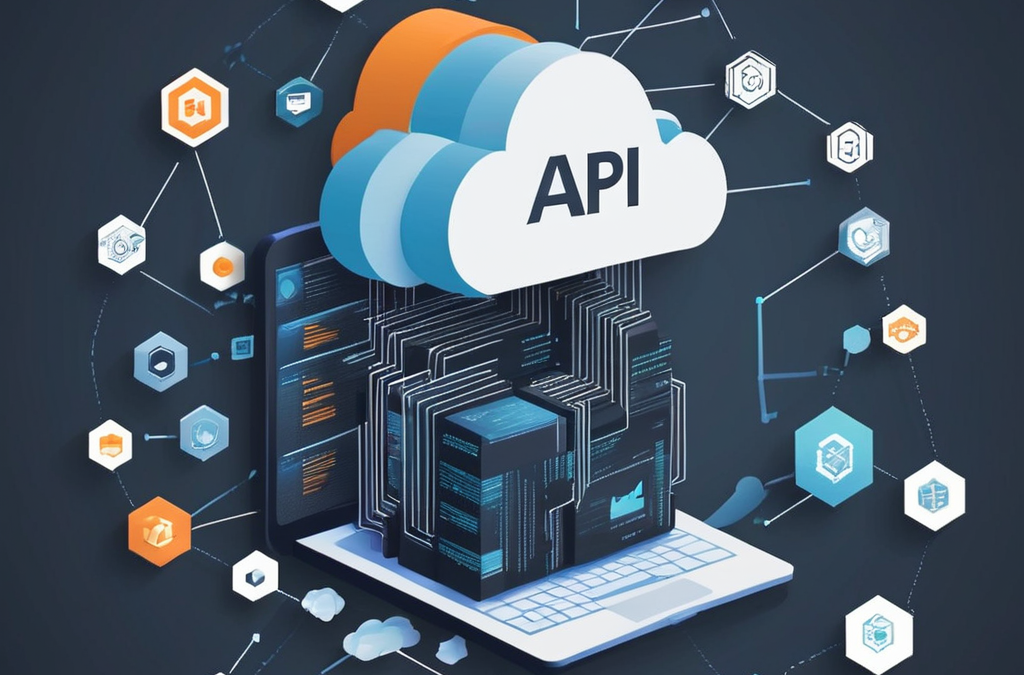In today’s digital age, Application Programming Interfaces (APIs) are the unsung heroes behind the functionality and interoperability of modern software applications. APIs serve as the connective tissue that binds various systems, platforms, and services together, enabling a seamless and integrated user experience. Here’s why API development is crucial for contemporary applications and how it transforms the digital landscape.
Understanding APIs: The Basics
At its core, an API is a set of rules and protocols that allows different software applications to communicate with each other. It defines the methods and data formats that applications use to request and exchange information. By providing a standardized way for systems to interact, APIs eliminate the need for custom integration and allow developers to build on existing technologies with ease.
The Evolution of APIs
APIs have come a long way since their early days. Initially used in software libraries and operating systems for inter-process communication, APIs gained prominence with the rise of the World Wide Web. The introduction of HTTP as a standard protocol for web APIs marked a significant shift, making it easier to access services over the internet.
In the 2000s, the advent of RESTful APIs and SOAP services revolutionized how web applications interact. RESTful APIs, with their simplicity and scalability, became the preferred choice for many developers. More recently, GraphQL has emerged as a powerful alternative, offering more flexibility and efficiency in querying complex data relationships.
How APIs Power Modern Applications
- Seamless Integration and Interoperability APIs enable applications to integrate with various external services and data sources effortlessly. This integration capability allows apps to access and leverage functionality from other platforms without having to reinvent the wheel. For example, a travel booking app might use APIs to integrate with flight, hotel, and car rental services, providing users with a comprehensive booking experience.
- Enhanced User Experience APIs play a pivotal role in enhancing user experiences by enabling real-time data access and interaction with other services. Through APIs, applications can offer features such as real-time updates, personalized recommendations, and integration with social media platforms, making them more engaging and relevant to users.
- Modular and Scalable Development The modular nature of APIs allows developers to break down applications into smaller, manageable components. This modular approach not only simplifies development but also makes it easier to update and maintain individual parts of the application. For instance, a commerce app might use separate APIs for payment processing, inventory management, and user authentication.
- Fostering Innovation APIs provide a platform for innovation by allowing developers to build on existing services and technologies. By leveraging APIs, businesses can quickly add new features and capabilities to their applications, fostering a culture of continuous improvement and adaptation.
- Efficiency and Cost Savings Integrating APIs can lead to significant efficiency gains and cost savings. APIs reduce the amount of code that needs to be written, tested, and maintained, enabling developers to focus on building new features rather than duplicating existing functionality.
Real-World Examples of API Success
- Netflix Netflix uses APIs to manage and deliver content to users. By exposing its API, Netflix allows developers to access user data, movie ratings, and watchlists, enhancing the platform’s capabilities and integrating with various devices and applications.
- PayPal PayPal’s API enables secure payment processing across different platforms. When users make a payment, the API handles the transaction details, ensuring a smooth and secure payment experience without exposing sensitive information.
- Facebook Facebook’s APIs allow developers to access user data and integrate with the social media platform. This integration enables features like social login, data analysis, and targeted advertising, enhancing the functionality and reach of applications.
Final Thoughts
API development is a cornerstone of modern application architecture, driving interoperability, enhancing user experiences, and fostering innovation. As digital ecosystems continue to evolve, APIs will remain crucial for enabling seamless integration and ensuring that applications can adapt to changing user needs and technological advancements.
At Codemaster Technology, we understand the importance of APIs in building robust and scalable applications. Our team specializes in custom API development, helping businesses unlock new opportunities and drive growth through seamless integration and advanced functionality.
Ready to elevate your application with cutting-edge API solutions? Contact us today to learn how we can help you harness the power of APIs for your business.
